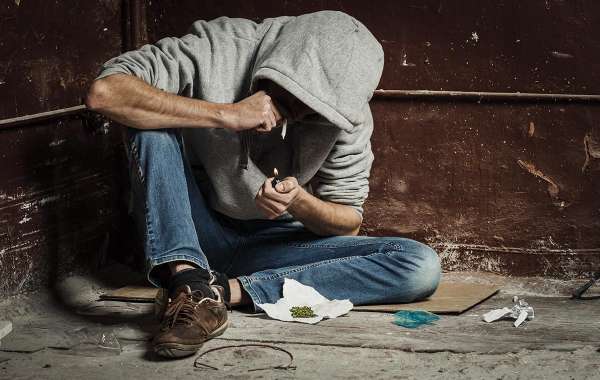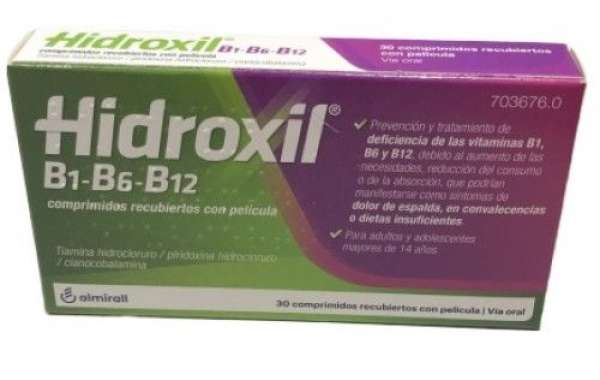If you're worried that a loved one is using drugs, it can be helpful to know some of the warning signs and how to help. The most important thing is to seek treatment as soon as possible.
Drug addiction destroys the brain, causing the user to experience an intense craving for more of the substance. This craving can be accompanied by other symptoms such as a strong desire to use the drug even when they know it's bad for them.
Addiction is a chronic disease
Addiction is a chronic disease that can affect anyone. It involves complex interactions between brain circuits, genetics, the environment and an individual's life experiences.
Drug addiction is a serious medical condition that can lead to death. It affects many areas of a person's life, including physical health, mental health, relationships and career.
The disease is a lot like other chronic diseases, such as diabetes and asthma. It can affect a person's physical and mental health, but it is treatable and manageable.
Symptoms of addiction include craving, increased tolerance, withdrawal and replacement of healthy activities with substance use.
Compared to other chronic diseases, addiction is not as easily "cured." People who have addiction often relapse and have trouble maintaining their recovery. This is because long-term drug abuse changes the brain. It can also lead to other chronic illnesses or lasting health problems, such as cardiovascular disease or depression.
It affects the brain
The drugs that are most addictive – like nicotine, alcohol, heroin and other opioids – flood your brain with dopamine. Dopamine is the chemical that helps control your emotions, motivation and feelings of pleasure.
The release of dopamine in the brain’s nucleus accumbens, or reward circuit, is what makes us feel good about things we enjoy. It’s a natural and important part of our brain’s function that signals we should seek out things needed for survival.
But when drug use becomes regular and compulsive, the brain’s rewards circuit is abnormally low, making it hard to enjoy other pleasurable activities. You’re constantly looking for ways to get that euphoric feeling again, which leads to cravings.
Because of these changes, people who are addicted have a difficult time controlling their impulses even when they know that doing so is bad for them. This is what makes drug addiction a disease rather than a habit. It can be life-threatening and have long-lasting effects on your health and well-being.
It is a serious problem
Drug addiction is a chronic brain disease that causes people to take drugs repeatedly, despite their harmful effects. It affects the brain in many ways, including causing changes in the reward system.
People can become addicted to a wide variety of substances, such as alcohol and illegal drugs like cocaine or heroin. Prescription medicines can also cause an addiction.
Some of these medications are very powerful, such as narcotic painkillers and prescription sedatives. These drugs can cause serious problems, including breathing difficulties, seizures or death.
Addiction can develop for many reasons, including your own biology and family history. You’re more likely to get addicted if you have mental health problems such as depression or attention deficit/hyperactivity disorder (ADHD).
It can also be caused by peer pressure and trouble at home. Having an unhappy home or being raised by parents who were addicted to drugs can increase your chances of getting hooked.
It is treatable
Addiction is treatable with a variety of therapies. These may include detoxification, medications and rehabilitation (rehab).
Treatment for addiction can help you overcome your addiction and live a life that is free of drugs. The treatment you receive depends on your individual needs and goals.
Your provider may prescribe medication to reduce urges, cravings and withdrawal symptoms. They may also suggest therapy to change your behaviors and attitudes toward drug use.
The best way to get help is to recognize the signs and symptoms of addiction and talk to your healthcare provider. They can help you choose the right type of treatment and provide support throughout your recovery process.







